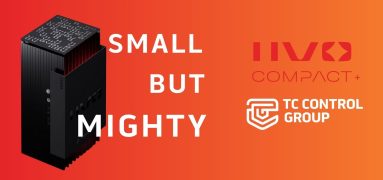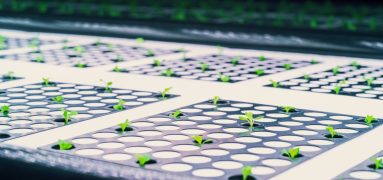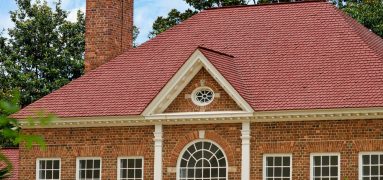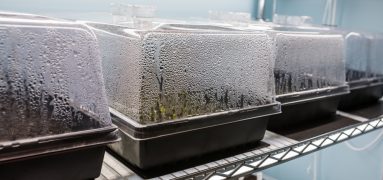Fertilizer vs. Compost

What's the difference? Why should you care?
Plants need more than CO2, water, and sunlight to grow. They also require nutrients from the soil, including potassium, nitrogen, and phosphorous. That’s where additives like fertilizer and compost come in.
Both fertilizer and compost replenish plants’ supply of essential nutrients—but what is the difference between the two?
Fertilizer
When you think of adding nutrients to plants, the first thing that comes to mind is probably fertilizer. According to the International Fertilizer Association, fertilizer is “food for plants.”
Fertilizer can be organic or manufactured, and comes in liquid, granular, and powder forms. Fertilizer is designed to be easily distributed to your crops.
One form of fertilization is fertigation. With a fertigation system, the fertilizer is delivered to your plants through the irrigation system.
Giving fertilizer to your plants is a short-term nutrient solution. Like the International Fertilization Association says, fertilizer is like a meal for your crops, providing them with a small boost of whatever nutrients they need at the moment. It is used to renew the nutrients in the soil, but it does not regenerate the health of the soil itself.
There are downsides to using fertilizer, however. Agricultural runoff is a big environmental pollutant. Since fertilizer contains high amounts of nitrogen and phosphorous, when it enters the surrounding environment it can disturb the natural balance and have adverse effects on humans and wildlife.
In addition, the US spends $13B on fertilizers annually—making us the #3 biggest importer in the world. One way to combat this reliance on imported plant nutrients? Composting.
Compost
According to the United States Composing Council, compost “is the product manufactured through the controlled aerobic, biological decomposition of biodegradable materials.” Basically, compost is made of natural materials such as animal waste and organic matter that has been broken down by microorganisms.
While fertilizer provides nutrients to plants, compost adds nutrients to soil. Compost improves the soil itself, including helping with moisture retention, weed suppression, and disease prevention.
Compost is a source of heat, making it great for greenhouses. As the microorganisms metabolize and break down the organic material, they create heat energy. Putting compost in your greenhouse can bring the temperature up 23-35 degrees higher than the temperature outside!
Compost can also help increase CO2 levels inside your greenhouse.
Plus, since compost is all-natural, it won’t pollute the environment.
And while fertilizer is a short-term provider of nutrients, compost lasts for 6–12 months.
Farmers can make their own compost, especially if they have animals and include manure. However, purchasing compost is much more expensive than buying fertilizer.
Another drawback to utilizing compost is that it has an unpleasant odor, and will sometimes attract pests such rats, skunks, and bears.
Why You Should Care
Using fertilizer and/or compost can drastically change the quality of your grow. There are many different minerals that might benefit your crops, and many different types of fertilizer/compost that you can utilize.
TC Control Group can help with monitoring all aspects of your grow, from nutrients to temperature to CO2 levels. Contact us today to learn more about controlling your grow.



